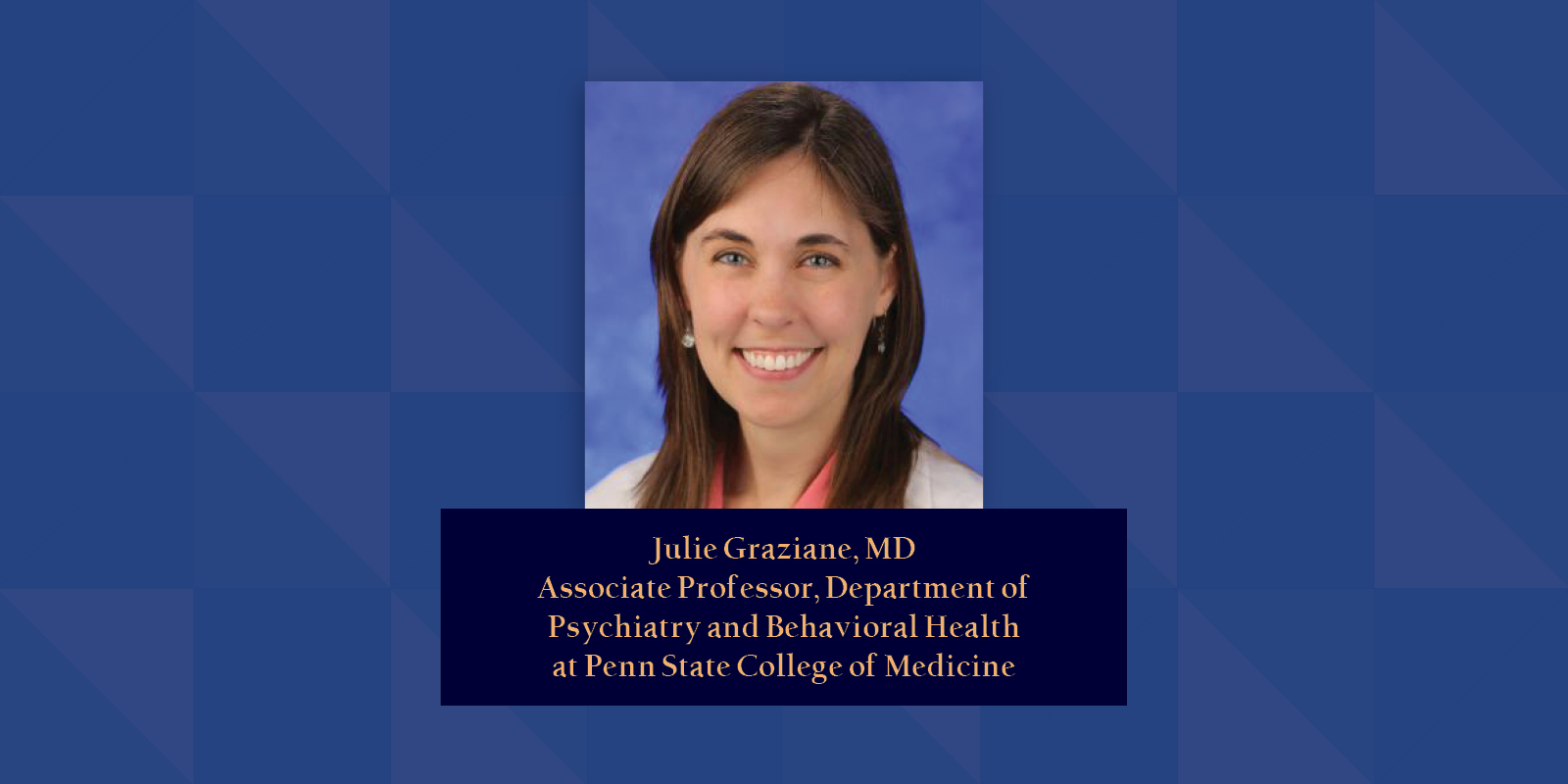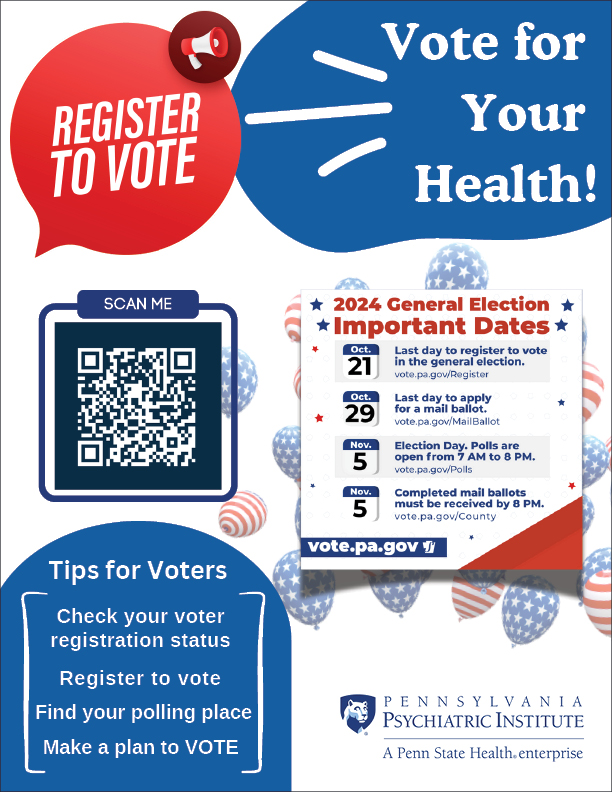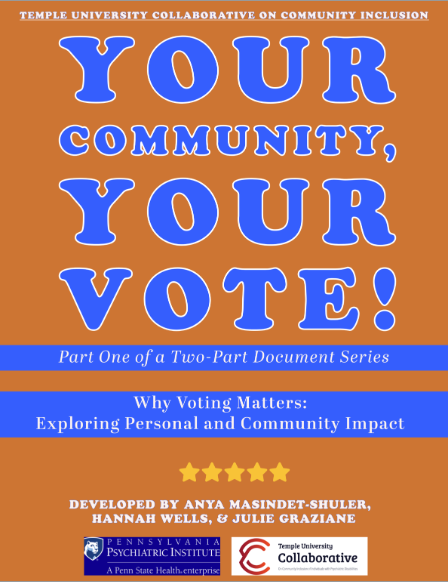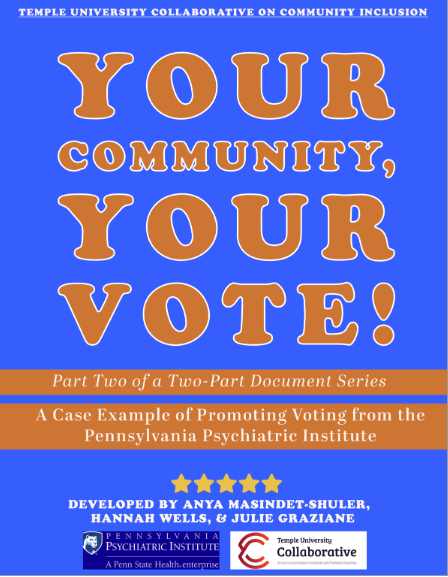Black History Month, an annual February celebration, acknowledges the profound impact and contributions of Black people to the United States. Initiated by Carter G. Woodson in 1926 and set in February to coincide with the birthdays of Abraham Lincoln and Frederick Douglass, it has grown into a national acknowledgment of the struggles, achievements and resilience of Black people. This month provides a reflective lens through which we view central Pennsylvanian historical figures like Harriet McClintock Marshall and hallowed grounds in Harrisburg, like the Lincoln Cemetery.
Harriet McClintock Marshall: A Torchbearer of Freedom
In the heart of Harrisburg, a remarkable story of courage and dedication unfolded with the life of Harriet McClintock Marshall. Marshall, born in Harrisburg, in 1840, was a central figure in the local chapter of the Underground Railroad. Her home as well as the church founded by her mother, Wesley Union African Methodist Episcopal Zion Church, served as a haven for those fleeing slavery. Harriet and her husband Elisha, who had escaped from slavery himself, were committed to helping escapees, providing not just shelter but also transportation and essential support.
Their efforts extended beyond the Underground Railroad. The Marshalls were instrumental in erecting a monument at Lincoln Cemetery to honor African American Civil War veterans. This act of remembrance highlights their dedication to their community’s immediate needs and the broader goal of keeping the local Black contributions to the nation’s history.

Lincoln Cemetery: More Than a Resting Place
Lincoln Cemetery, established outside of Harrisburg in 1877, symbolizes the Black legacy in the region. It’s a site where many Black people, including over 90 Black Civil War veterans, have been laid to rest. The cemetery has served as a silent witness to the evolving history of African Americans in Harrisburg, enduring periods of neglect and vandalism yet standing resilient as a testament to the community’s fortitude.
The Intersection of History and Restoration
The challenges faced by Lincoln Cemetery, from vandalism to natural decay, mirror the broader struggles of Black historical preservation. The establishment of Saving Our Ancestors’ Legacy (SOAL) in 2021 marked a pivotal turn in the cemetery’s story, embodying a community-driven effort to reclaim and honor this vital piece of Black heritage. This initiative is about restoration and reconnecting with the past while ensuring these stories continue to enlighten future generations.
The stories of Harriet McClintock Marshall and the Lincoln Cemetery are intertwined narratives of courage, perseverance and unwavering commitment to freedom and equality. As we observe Black History Month, their stories urge us to recognize the depth and breadth of African American contributions to our nation’s history. They remind us of the ongoing journey toward social justice and the importance of preserving such significant chapters of our collective past.
Celebrating Black History Month in Harrisburg
To celebrate Black History Month in Harrisburg, you can:
- Visit historic monuments and museums, such as the first African American Monument on PA State Capitol Grounds, “A Gathering at the Crossroads,” and The National Civil War Museum.
- Support Black businesses in Harrisburg, which include a variety of restaurants, bars, arts and crafts, contributing to the city’s vibrant culture.
- Attend cultural events, like the “Trailblazers: Notable African Americans in Pennsylvania History” exhibit at the Pennsylvania State Capitol, featuring inspiring stories of African American figures.
- Experience a theatrical journey exploring the legacy of Black musicians and Harrisburg’s hospitality network that provided them with safe lodging. For more information and tickets, visit the event page.
For more information and other ways to celebrate, you can visit the detailed guide on ExploreHBG.



![While everyone — all colors - everyone is affected by stigma — no one wants to say 'I'm not in control of my mind.' No one wants to say, 'The person I love is not in control of [their] mind.’ But people of color really don't want to say it because we already feel stigmatized by virtue of skin color or eye shape or accent and we don't want any more reasons for anyone to say, 'You're not good enough.'](https://ppimhs.org/wp-content/uploads/2024/02/PP24-D-02-0001_BHM24_BlogGraphic_Campbell_1920x1080_press.jpg)








![Machismo [ mah-cheez-moh, -chiz-, muh- ]
noun
a strong sense of masculine pride; an exaggerated masculinity](https://ppimhs.org/wp-content/uploads/2023/10/PP23-D-02-0042_HispanicHeritageMonth23_BlogGraphic_Blog2.jpg)








